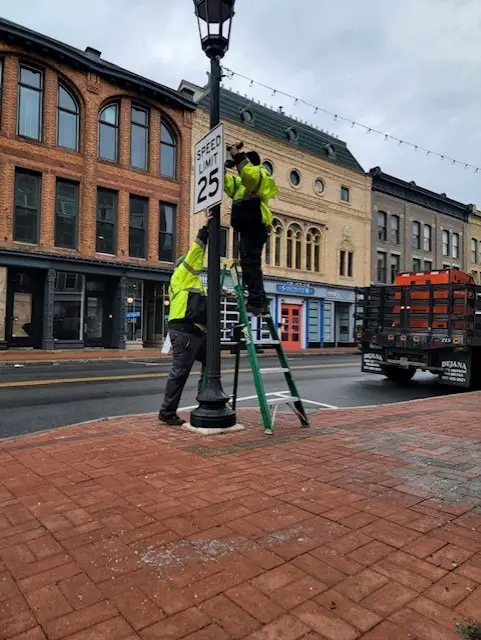Norwalk explores new zoning regulations
On April 4, the Norwalk Planning and Zoning Committee (PZC) presented to the public a proposed zoning regulations update that would drastically change several aspects of the city’s codes and rules. The Zoom-based kick-off event was the first in a series of meetings designed to provide residents with the opportunity to learn more about the drafts and provide further input for overhaul.
“Why are we here?”asked PZC Chairman Louis Schulman. “The POCD, the city’s Plan of Conservation and Development which was completed in 2019, lists an immediate implementation strategy and the first item is a rewrite and modernization of the zoning code.”

The draft was produced with help from the outside firm Town Planning & Urban Design Collaborative LLC (TPUDC), based just outside of Nashville, Tennessee.
“We reviewed existing documents, we went through the existing regulations that are almost 100 years old so there were a lot of interesting things in them,”said Jessica Wilson, director of town planning at TPUDC as she explained the years long review process. A complete overhaul had not been completed for more than 30 years.
Meetings and open houses were restricted through much of the Covid-19 period when the plans were drafted. Several online tools including surveys and maps the public could comment on were used to gather information and seek input. Prior meetings have been archived and can be accessed by the public at ZoneNorwalk.com, a central hub for access to the public version of the draft, and a forum for comments.
“We got some good information from these public meetings, we heard that we want a greater variety of housing types, such as allowing for multi-family and allowing for ADUs [Accessory Dwelling Units] that fit in with the character of other neighborhoods,”Wilson noted. “Affordable housing is very important, so is wanting to maintain the marine character of Norwalk, as are protecting views to the water and protecting natural resources on the coastline.”
One of the most major changes proposed in the draft is the adoption of a “hybrid zoning code.”
Currently Norwalk relies on a use-based code, often referred to as “Euclidian“ this type of zoning is named for a court case involving the Village of Euclid in Ohio, which established the widespread system of setting use cases for parts of a municipality. This prevents the establishment of various types of businesses in certain neighborhoods and often designates areas as only for the construction of single-family zoning.
Form-based codes do not place limits on what lots in an area can be used for. They only restrict the form construction can take with regulations regarding setbacks and building design.
The new plan calls for the creation of “a true hybrid code”according to an informational pamphlet distributed during the event. Single-family zoning areas will remain restricted in use, but multifamily and commercial areas will switch to a more form-based model, with graphics and illustrations being included in the code to help clarify language. “Village Districts”will also provide areas where regulations designed to preserve neighborhood character can be implemented.
Several audience questions were taken during the meeting. Citing the changes to districts and rules, Diane Cece of the East Norwalk Neighborhood Association, which has devoted significant resources to fighting the construction of a mixed-use development within the neighborhood, used the public comment period to attempt to stall the project.
“I don’t want the record to be written now without us requesting it,”Cece said while praising the improved clarity of the draft plan, “I would like the commission to consider putting a moratorium on special permit applications until all of this is settled out.”
The PZC did not respond directly to Cece’s request.
The draft of the new zoning map was presented to the public on April 12. On either April 24 or 25, the PZC will meet with a consultant and Peer review attorney before scheduling meetings for each Common Council District. Public meetings in late May or early June are expected ahead of approval, pending revisions.